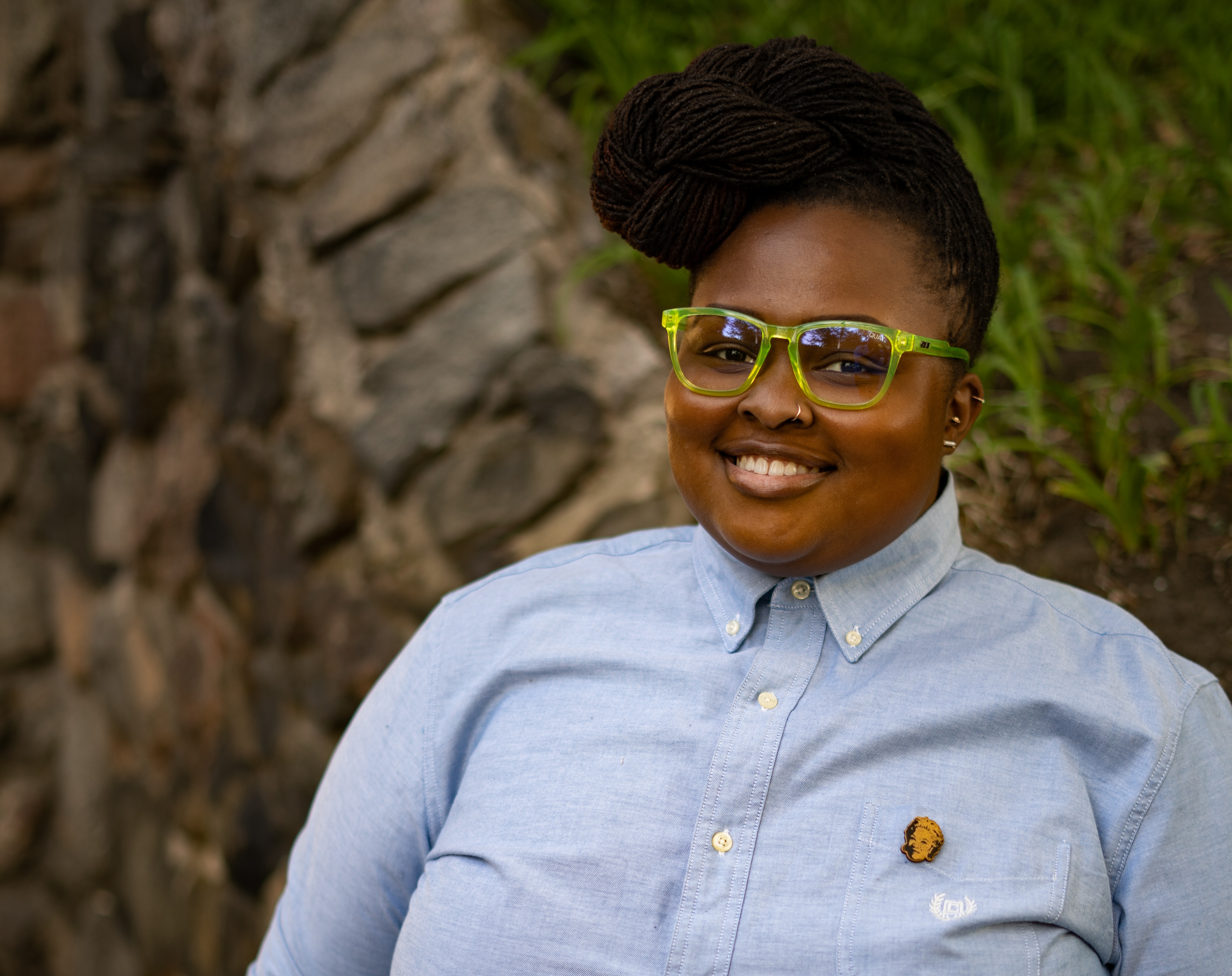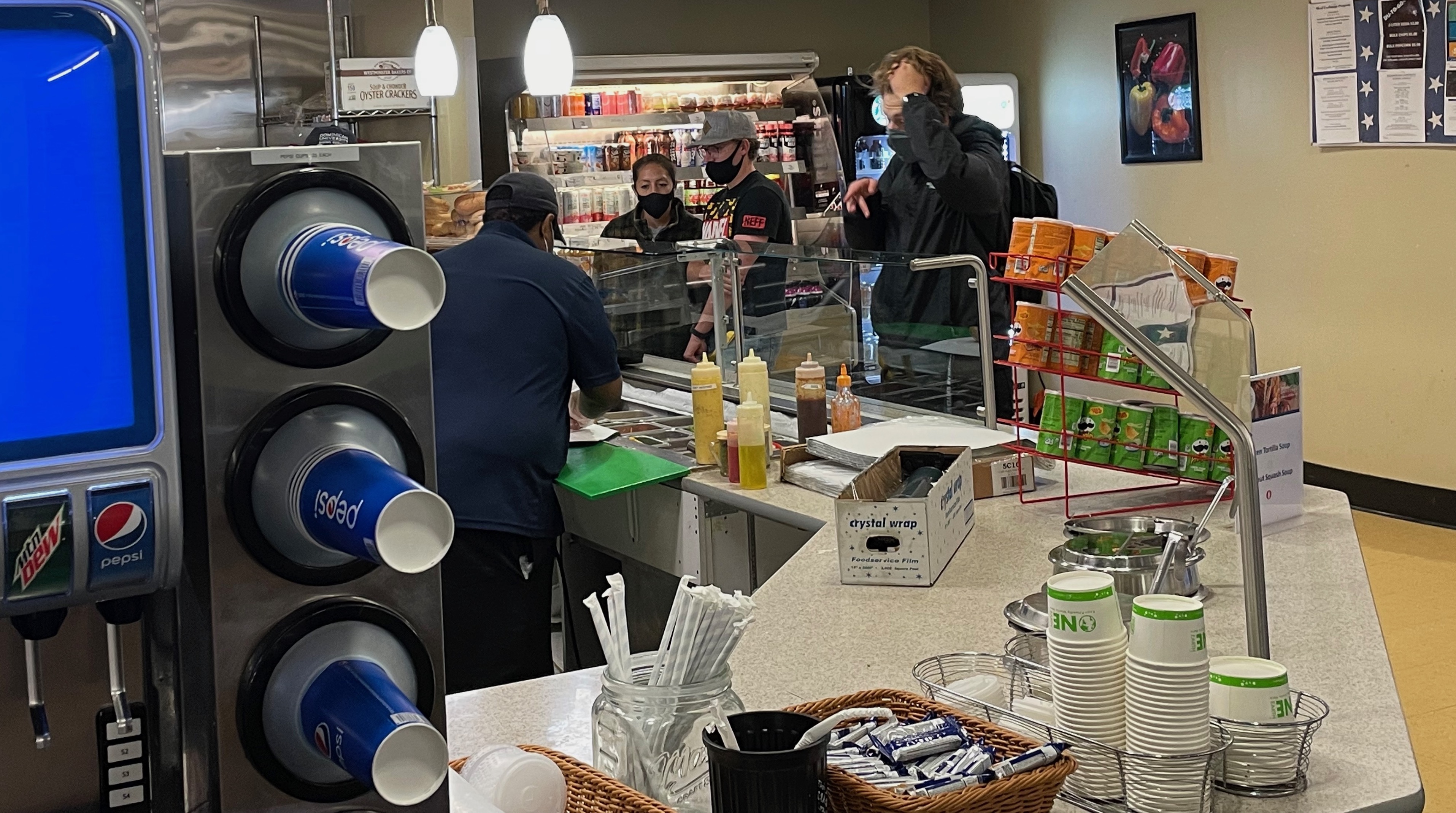
By Matthew Desmond
Contributing Writer
In response to the 2020 protests following the deaths of several young black people; the attention to African American studies and African American literature has taken on new urgency. Visiting assistant Professor of English, Chamara Moore, says that this atmosphere has underscored their belief that there is much left to learn.
Classes that cover the African American experience can provide a deeper understanding of the problems and the potential for change.
Moore said they choose contemporary texts in their literature class to “emphasize that African American literature is still being written and redefined.” They also stressed that focusing on contemporary authors does not preclude the teachings of past greats such as Toni Morrison and Octavia Butler.
This semester, Moore is teaching African American Literature and Race and Pop Culture at Dominican. They have moved back to Chicago and was attracted to Dominican because of its diverse population. Moore originally pursued a pre-dentistry major with a minor in English but decided to be an English major their senior year.
The debate over Critical race theory (CRT) has impacted how people approach race in the classroom. The theory argues that racism is the result of systems and institutions, not just people.
Moore’s opinion on the controversy is that the theory is very complicated and that most people outside of academia do not fully understand it. Moore said that the basics of CRT are something that Black people started doing far before the current debate by “reclaiming these narratives of erasure.”
They point to the recent commemoration of the Tulsa Race Massacre. It turns out that many Americans were not aware of the story. Moore said that they heard about this from their parents and grandparents. “CRT is just an academic version of something pretty normalized in the Black community already, just for safety and survival.”
Moore is working on a book based on their doctoral research. They said, “the interest in writing and publishing Black stories is at an all-time high right now.” They expressed concern that Black writers are often only considered “successful if they write about their own oppression or gut-wrenching stories of trauma.” Moore thinks that Black writing can encompass far more than that.
As far as publishing goes, Moore believes the challenge for Black women writers is to find “people in the industry to trust.” They need to find people who are not just interested in “trauma stories” from marginalized people. These supporters need to be interested in “letting Black women craft empowering narratives.”



